Students & Alumni

Usman Alhassan
Federal Republic of Nigeria
MEXT Embassy Recommended Scholar
Why did you choose Ritsumeikan University?
Choosing Ritsumeikan University was a pragmatic decision, since I didn’t know anyone who had studied in Japan to seek guidance from. I had to discover Ritsumeikan on my own while searching the internet for Japanese schools that offer economics degree in English. The university's website, particularly the faculty page, further intrigued me after seeing the caliber of professors listed. For instance, I was excited at the potential of learning from non-Japanese faculties like Professors Lee Kang-kook and David Flath. I immediately selected Professor Lee as my proposed advisor but never got to meet him until my second year due to his sabbatical leave.
About study in Ritsumeikan University
Embarking on my MPED study at Ritsumeikan University was both thrilling and demanding, portraying the rigor of any reputable institution. I was exposed to highly skilled and supportive academic and non-academic staff, abundant study materials, and serene environment conducive for postgraduate study. Moreover, despite the academic rigor, the presence of bright and fun-loving colleagues from diverse countries and the multiple student support facilities enriched my journey. At some point, I felt like I had everything necessary for academic success by my side and the only thing holding me back was my own effort.
Theme of Master Thesis, About reality of research
My master’s thesis delved into uncovering the impact of manufacturing development on employment creation in Nigeria. The study was motivated by the rising unemployment (33% as at 2020) in the country despite economic growth, a phenomenon known as "jobless growth." The findings of the study revealed the potential role of some labor-intensive sectors like textiles, apparel, and footwear in providing jobs for the unemployed. The findings of the study were both timely and practical and could guide policy actions on which sectors to purposefully promote for addressing the mass unemployment in the country.
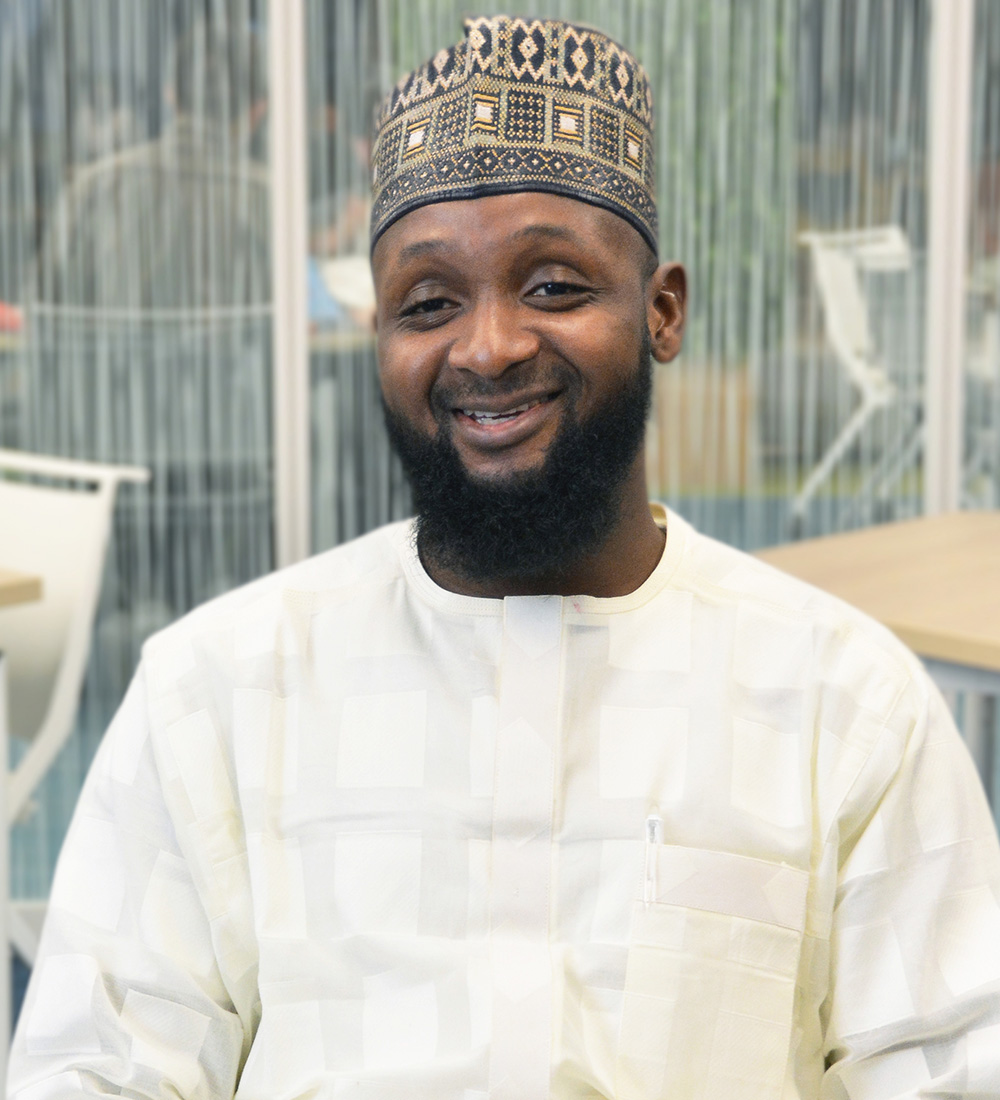
Story about the difficulty that you faced
Studying away from home comes with numerous challenges. The difficulty that stood out for me was the knowledge gap I experienced during my first MPED semester due to differences in curriculum. At that time, I had to struggle with assimilating into my new environment while also trying fill the knowledge gap and catch up with the demanding workloads. My turning point came after learning about the Kaizen concept of continuous improvement. I tried facing my challenge by making little improvements daily and getting help from colleagues whenever necessary, resulting in noticeable academic progress. I have since become very independent but always open to rendering assistance to other students when needed.
Recommending points about Ritsumeikan University
Ritsumeikan University transcends its academic role, evolving into a global community where you get to form enduring connections with remarkable individuals worldwide. Some of my closest friends today are my Ritsumeikan peers. Academically, Ritsumeikan excels, providing abundant study materials, journal access, and financial aid. Beyond academics, life lessons also abound, with professors becoming mentors in diligence, ethics, and morality. The university fosters a holistic environment, promoting sports, intercultural engagements, and inclusivity. As a former representative of Muslim students, the substantial support we received, particularly from the international center staff, underscores Ritsumeikan's commitment to student welfare and inclusion.
Career path after graduation
During the early stages of my MPED journey, my career plans were uncertain, wavering between seeking employment in my home country or Japan, or pursuing a doctoral degree. However, encounters with Dr. Joseph Aduba, the rigorous research guidance from Professors Maswana and Inaba, and my improved confidence and research interests inspired me to pursue a doctoral degree. The decision also became easier after receiving full financial support from the Japanese government through the extension of my MEXT scholarship. Since then, my career plan has been steered towards research, within or outside academia.
-

Melisa Fabella-Esmalla
Republic of the Philippines
MEXT University Recommended Scholar
-
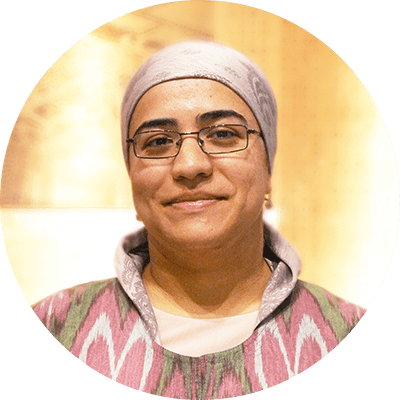
Parvinai Kodirzoda
Republic of Tajikistan
The Project for Human Resource Development (JDS) Scholar
-
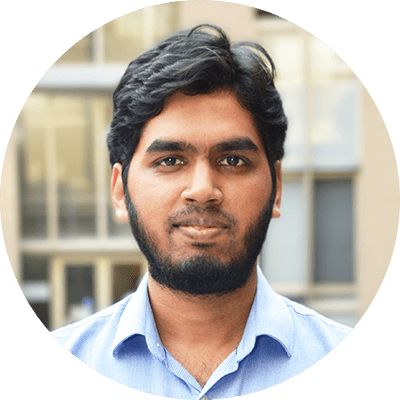
Mohammad Sayedur Rahman
People's Republic of Bangladesh
MEXT University Recommended Scholar
-
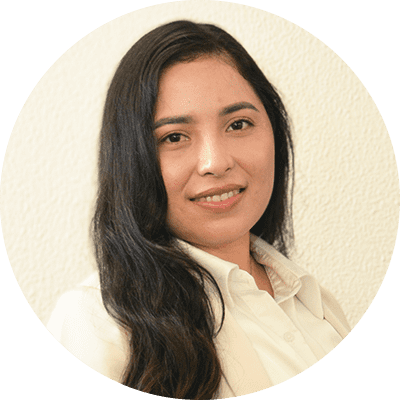
Roxanna Shawn Peña
Belize
MEXT Embassy Recommended Scholar
-

Usman Alhassan
Federal Republic of Nigeria
MEXT Embassy Recommended Scholar
-

Abigail Chaya Hasyanita
Republic of Indonesia
MEXT University Recommended Scholar
-
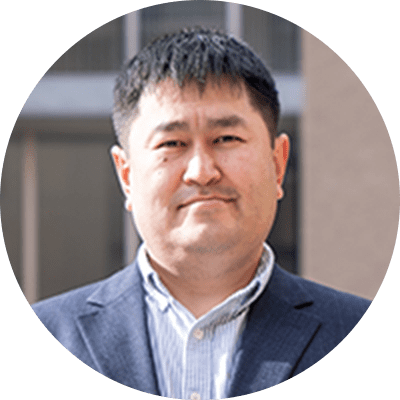
Ermek Abdubaliev
Kyrgyz Republic
The Project for Human Resource Development (JDS) Scholar
-
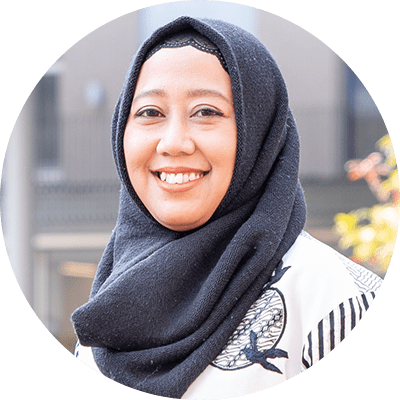
Azizah Vita
Republic of Indonesia
Indonesia Linkage Master Program Scholar

